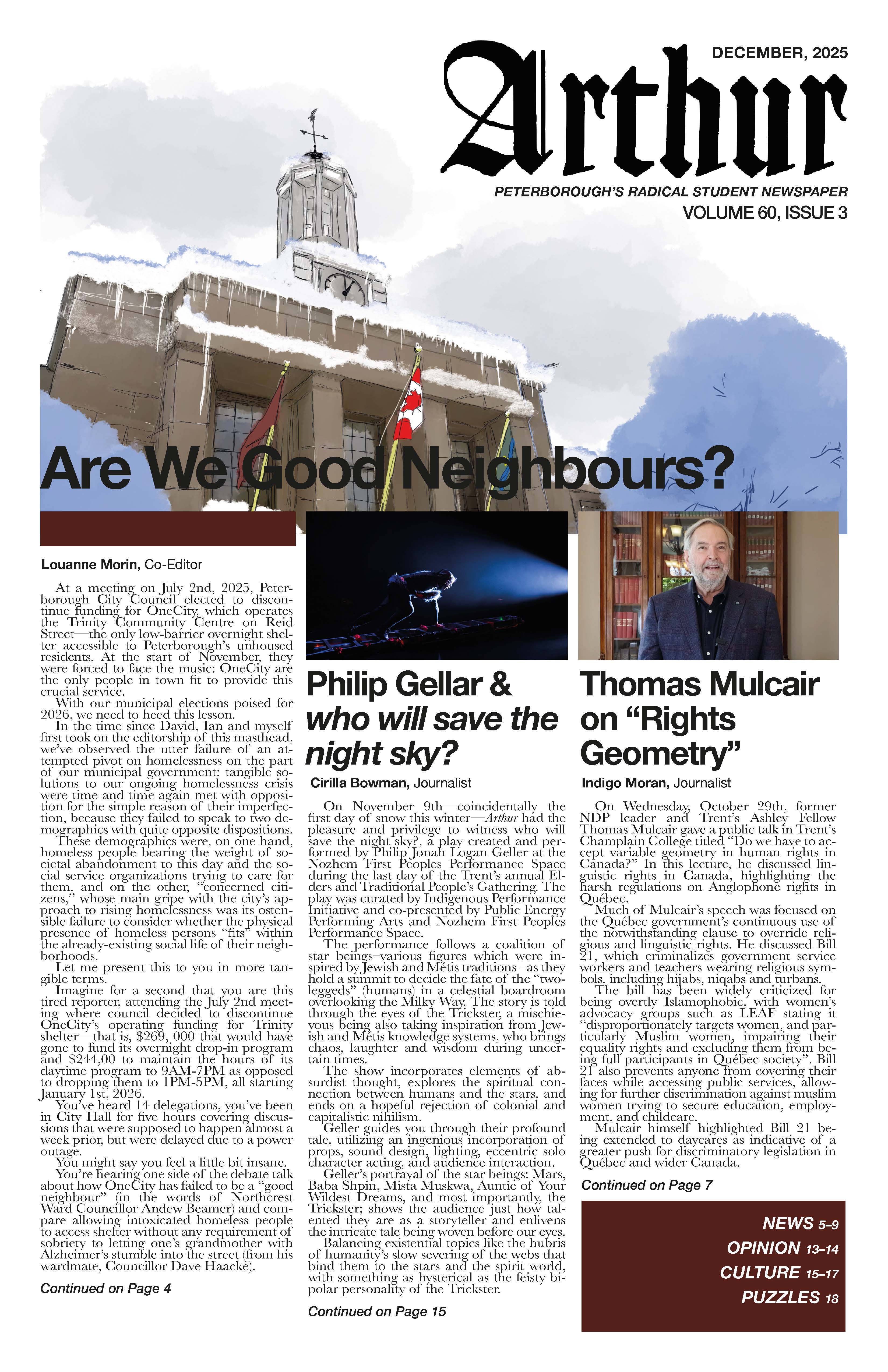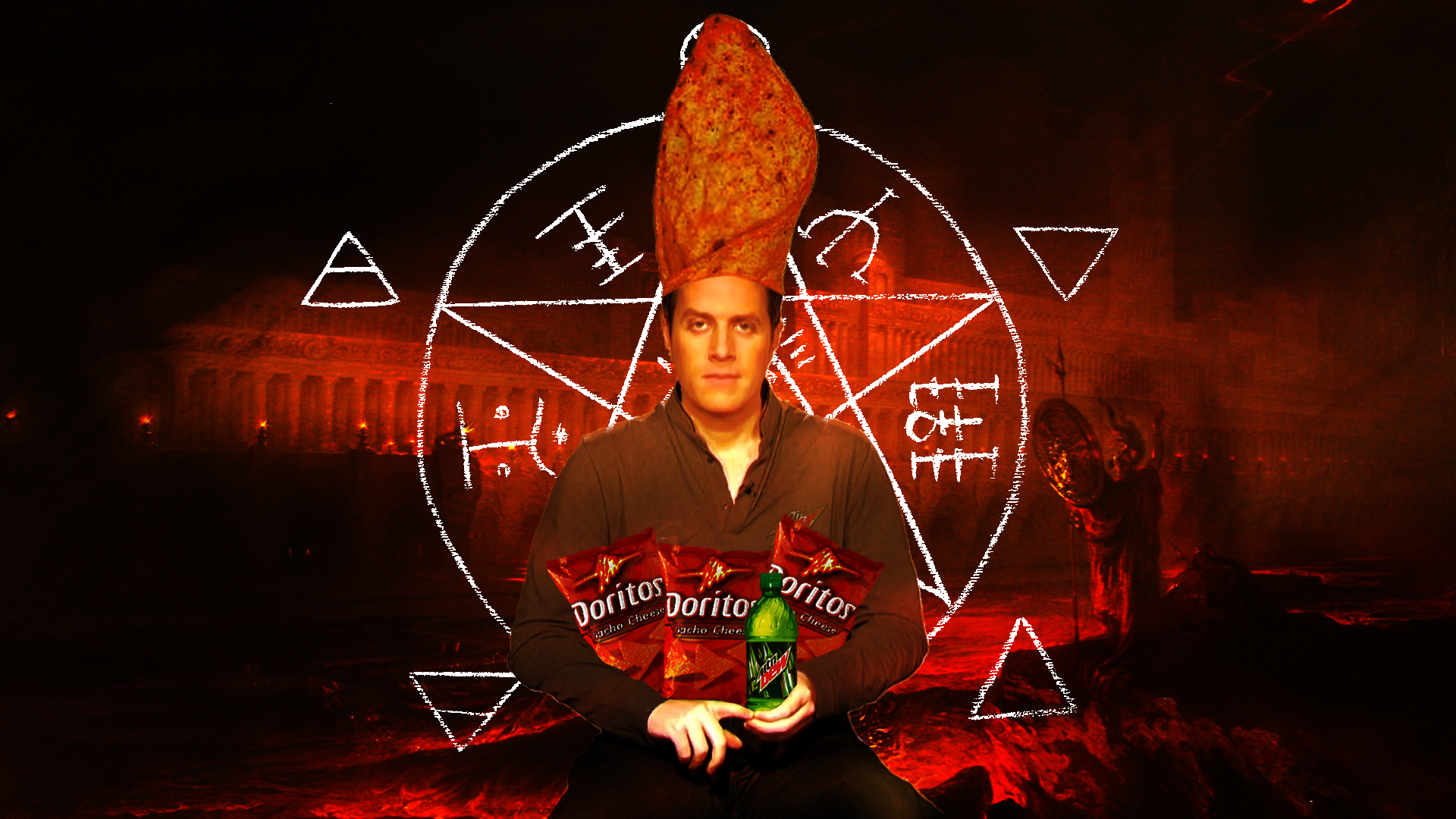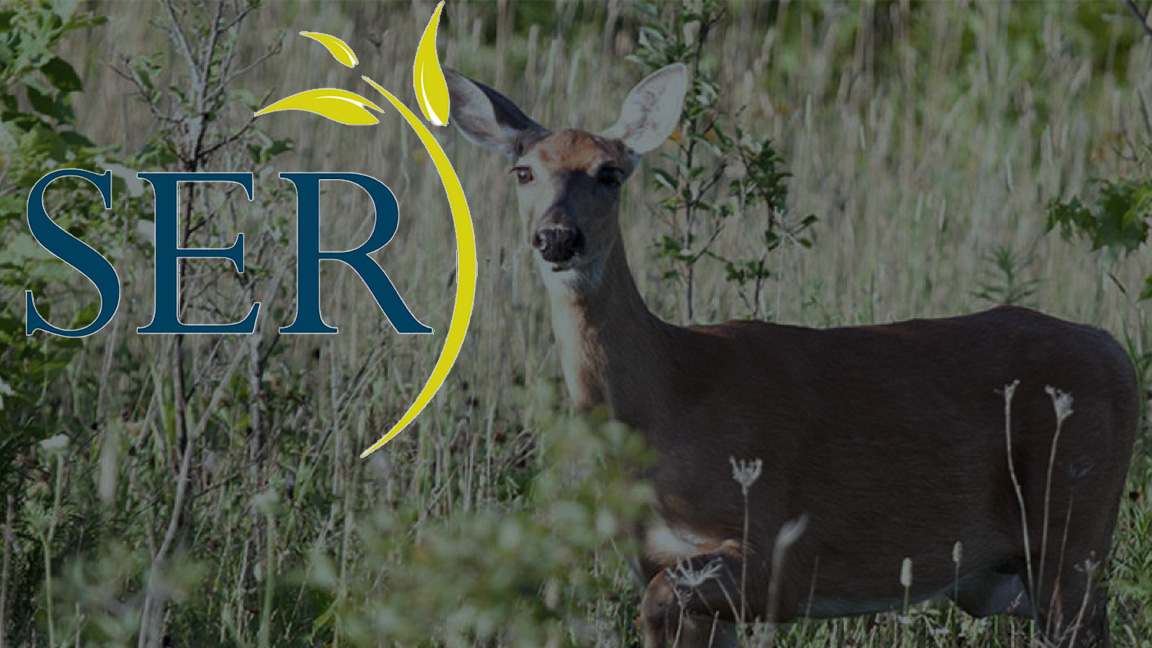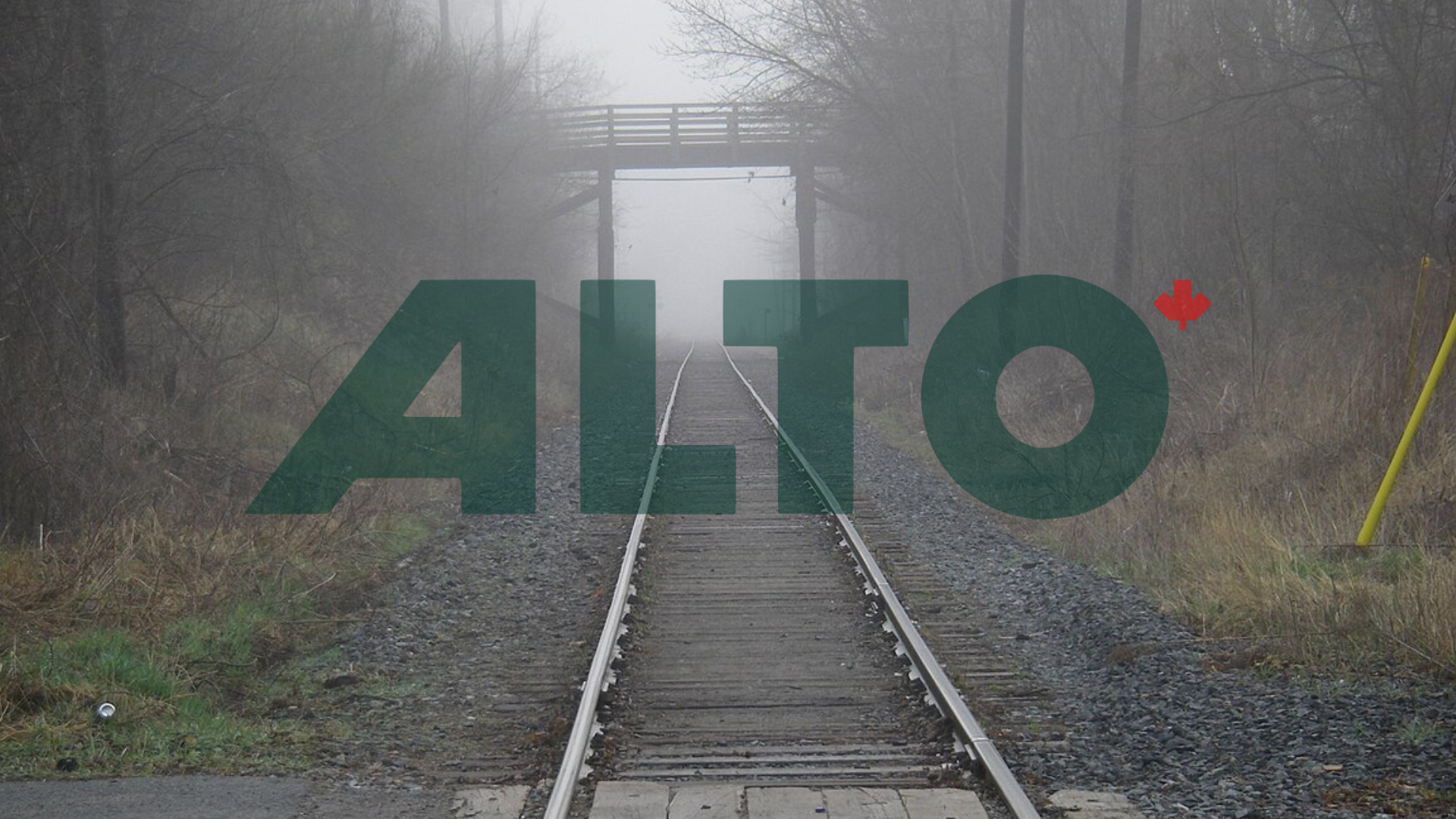Student Association of International Development (SAID), in collaboration with Trent International Students Association (TISA) has started a series of lectures, films and discussions for the Scholars at Risk (SAR).
SAR is an international network of institutions and individuals working to promote academic freedom and to protect higher education communities worldwide. It is concerned with unfair and unwarranted prosecution, arrest, detention, and state retaliation against scholars. The network is an assertion of the right to academic freedom, free expression and free association. This is all underpinned and explicitly under the International Covenant on Civil and Political Rights and vital for all liberal societies.
State and university authorities (Trent University, Canada in most of our readers’ case) have an obligation to comply with internationally recognized standards of academic freedom, freedom of expression and freedom of association, as well as fair trial. Do you think that your professor in that course you really hated didn’t give you a mark you deserved? Wasn’t it a relief to be able to write them an email or speak in person for a reevaluation, and maybe even come out with a decent mark, eh?
Now, imagine an environment where nobody really even cares about what you are saying or writing about, let alone how they mark it. Or maybe they care too much, so they feel the need to exclude you legally from all your rights to express yourself.
Last week Trent university hosted Çağlar Dölek, a Turkish PhD candidate at Carleton University who has written pieces such as "State, Violence and Coercion in Turkey in the 2000s." Dölek’s presentation was titled “Turkey’s Neoliberal Debacle and Academic Crackdown.”
Turkey is a country that sees itself as the gateway to Europe, a bridge between East and West, spanning Eastern Europe and Western Asia. Despite being both an associate member of the European Union and a signatory of the United Nations Declaration on Human Rights, its conduct has not seemed to live up to these standards.
Societies consist of many parts: the judiciary, the government, the academics and the people. The judiciary should protect the people, the government should represent the people and the academics should inform the people. Any academic worth their salt has the duty to strive for the truth and inform the people, especially if other constituents of society fail in their part. A group of Turkish and international academics including Noam Chomsky and Slavoj Žižek lived up to this and signed the petition criticizing the “deliberate and planned massacre” in the South-Eastern and mainly Kurdish region of Turkey. These signatories began to be known as the Academics for Peace.
Academic Freedom Monitor reported that “Turkish authorities have reportedly placed more than 1100 Turkish scholars under investigation after they signed a petition calling on the government to end its crackdowns targeting Kurdish rebels in the southeastern part of the country. Following the publication of the petition on Monday January 11, 2016, signatories have reportedly been arrested, charged with terrorism and related crimes, and suspended and/or forced to resign their positions.”
The Turkish state’s response was nothing but dictatorial, their preferred means to interact with the Academics for Peace was firing hundreds of them from their jobs, cancelling and confiscating passports and arresting with accusations of “making propaganda for a terrorist organization.” The logic of the Turkish state is simple: they consider the military operation in South-East Turkey a fight against terrorists, for the academics to criticize the state means that they are therefore also terrorists. A truly Machiavellian and illiberal sentiment for a state to take in response to a stance against violence.
Çağlar Dölek’s presentation was a critique and examination of the political economy of academic crackdown of Turkey’s neoliberal authoritarianism especially in the last few years. The crisis in Turkey has already been established in the past 10 years as Dölek mentioned in his presentation. He provided an historical framework to understand the current situation in the country. He talked about the historical development of AKP, Turkey’s Justice and Development Party in the 2000s. The most interesting point of his presentation came from his examination of Turkey’s class strategy, a class struggle that materialized during the hegemony of AKP, which contributed to the relevance of how to see and critique the situation in Turkey. He also talked about the structural and historical reasons of the peace petition itself. He looked closely at the transformation of academia in Turkey and in the second part of the presentation alternative forms of solidarity and both individual or as a group how to establish solidarity was discussed.
Dölek’s presentation was one of the many upcoming event projects to pressure Trent University into joining the Scholars at Risk network.
In his video supporting the Academics for Peace, University of Paris Professor Éric Fassin states that “Throughout the world, neoliberal regimes are becoming more and more illiberal, from Turkey to Hungary and Poland from Russia to the United States. We must analyze this and we need to say it loud and clear… We should not take our basic rights for granted any longer.”
We live in a turbulent world. There was a reason that academics were targeted in Turkey. They serve as a voice and this serves as power that illiberal states have to challenge. Academia provides direction in society, speaking truth to power. Without its freedom, an important check and balance is lost.
I hope this article has peaked your interest. The point is simple: we need to talk. Words are our only way of communication to get these across to people who will make decisions. Take power over what you want to talk about. I urge Mr. Leo Groarke to take action and listen to SAID and everyone involved in Scholar at Risk Network closely. Click here for a petition by SAR calling for a release of the peace petition scholars.


.png)


.jpg)


.jpeg)



.jpg)

.jpg)









.png)